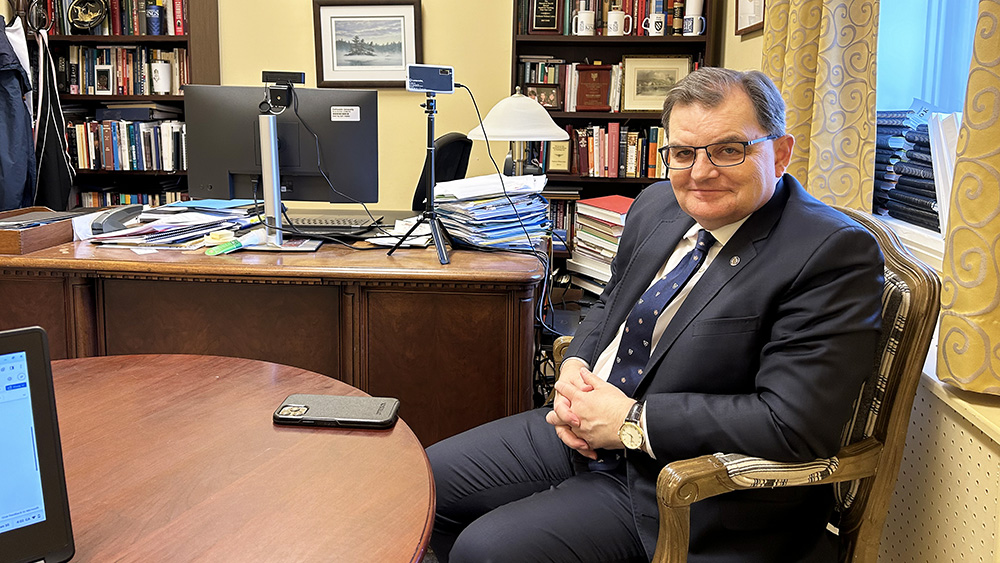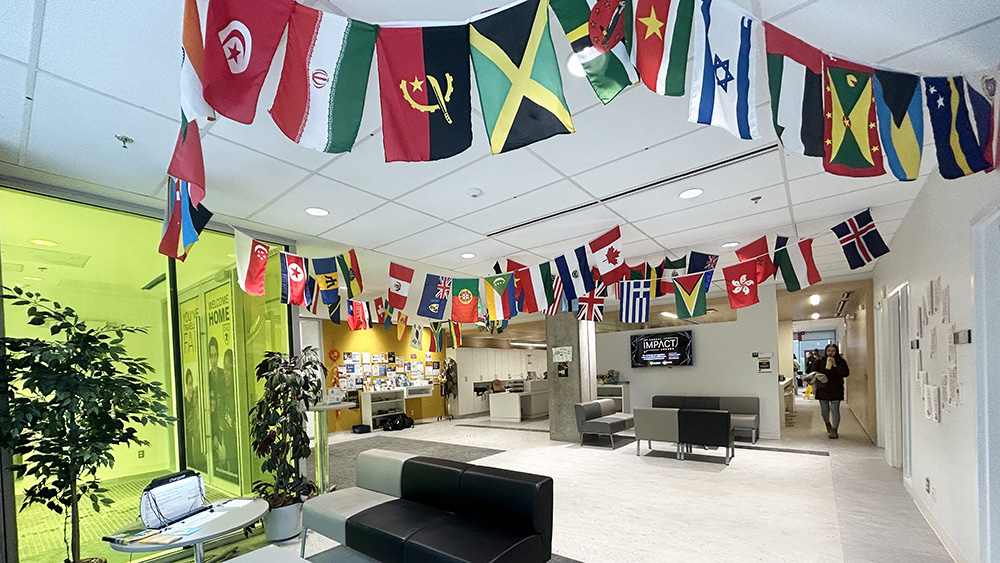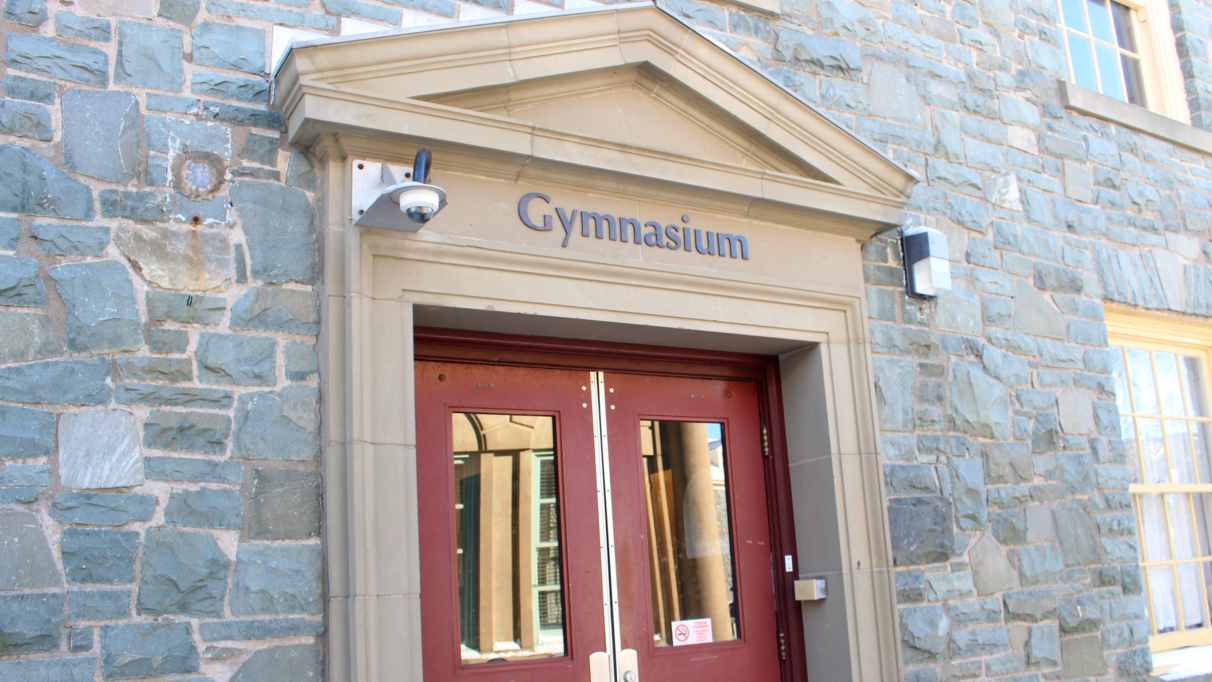King’s facing lack of operating funds, says president
William Lahey says federal cap on international students hurts King’s finances

caption
King's President William Lahey says a federal cap on international student permits won't help his school's foreign-student recruiting efforts.The president of the University of King’s College says a new federal cap on international student permits might keep the school in “financial trouble.”
William Lahey told The Signal that King’s saw around 40 fewer first-year students in 2023-24, resulting in a decrease of over $400,000 in operating funds.
“One of our plans to address that was to be more ambitious when it comes to the recruitment of international students,” Lahey said in his office in late January. “Now, we’re not sure we’ll have the latitude to do that.”
On Jan. 22 Immigration Minister Marc Miller announced that in 2024 the federal government will approve 35 per cent fewer international student permits nationally. Related stories
Miller said the policy primarily targets small, private institutions which have been “exploding” in the last few years. He added some schools have been admitting international students at an unsustainable rate to make a “quick buck,” which he said has worsened housing crises across Canada.

caption
The Dalhousie International Centre in Halifax on a quiet afternoon. Ottawa says all universities are taking advantage of international students by charging tuition that’s up to five times the domestic rate.Lahey countered that if Ottawa wants to target private colleges, it should do so “and not come up with limitations that affect all higher education.” Lahey also defended private colleges in his province.
“As far as I know, career colleges in Nova Scotia, I would describe as legitimate.”
The federal minister has called on the provinces to shut down private institutions that exploit students. Miller added that all universities are taking advantage of international students to some extent.
“From the largest to smallest institution, we also have an ecosystem where international students pay four to five times as much as domestic students.”

caption
Muyu Lyu, former president of the Dalhousie International Students Association, says foreign students are an important part of campus life but that their views don’t form part of public policy.Muyu Lyu, former president of the Dalhousie International Students Association, told The Signal that universities use international student tuition to make up for a lack of government cash.
“The bottom line is that it will be important for governments to realize there is a long-term underfunding of academic institutions,” Lyu said.
The immigration minister said additional funds would be freed up once the provinces shut down illegitimate post-secondary schools. He suggests the international student permits and associated funds from the shuttered schools could be diverted to top institutions.
Lahey ‘a little worried’
Miller insists the new permit cap is not “against individual international students.” However, the King’s president expressed concerns that foreign governments and institutions “may portray this decision as more negative than it is,” causing prospective students to avoid Canadian universities.
“I’m a little worried that there might be an implication that they are causing the housing problem, which I think is very, very unfair,” said Lahey.
He added King’s has been reaching out to current and prospective international students to explain why Ottawa is capping foreign study permits.
A spokesperson for Saint Mary’s University in Halifax said their school is also contacting foreign students about the policy change.
Margaret Murphy, Associate Vice President of External Affairs at SMU, said she hopes the school can go a step further and work out the specifics of the international student cap with different levels of government.

caption
King’s is looking to build a new residence building in place of their current gymnasium, but president Lahey says federal and provincial funds will be needed.She added SMU also hopes to work with Ottawa and the province to find housing solutions for international students, which could include another campus residence. Murphy added SMU is not the only Atlantic university to discuss new on-campus housing options.
Lahey told The Signal a King’s committee is looking at designs for a new residence which would house 287 students and would be built on the site of its current gymnasium. He said provincial and federal funding would be needed for the project.
The president added there’s ongoing communication between universities and different levels of government.
“I think this new policy has gotten everyone’s attention, I think the unfortunate thing is that before we got to the point the government thought it was necessary to do this, we weren’t talking about it in an organized way.”

